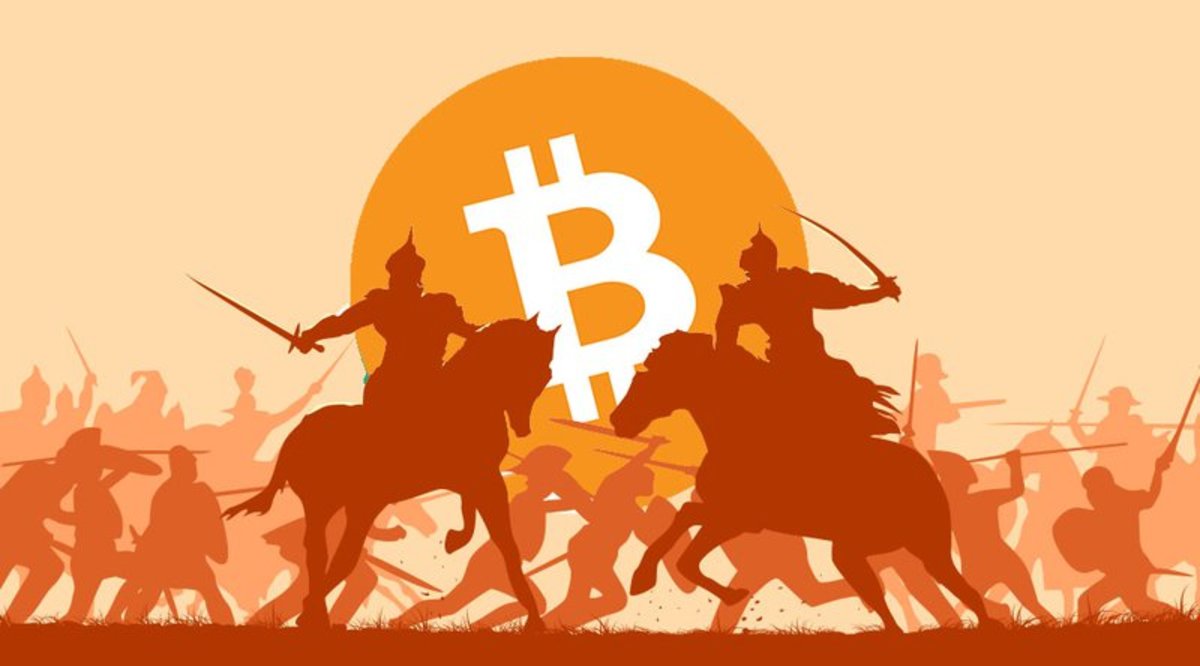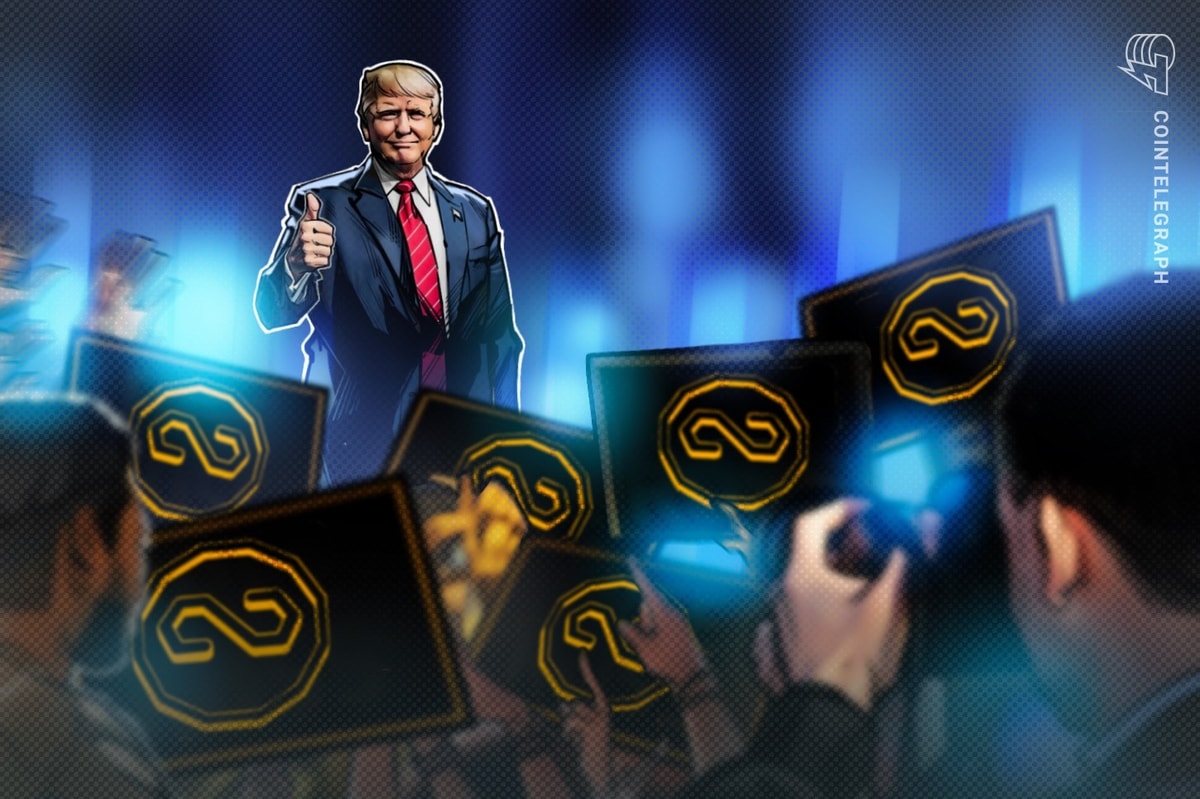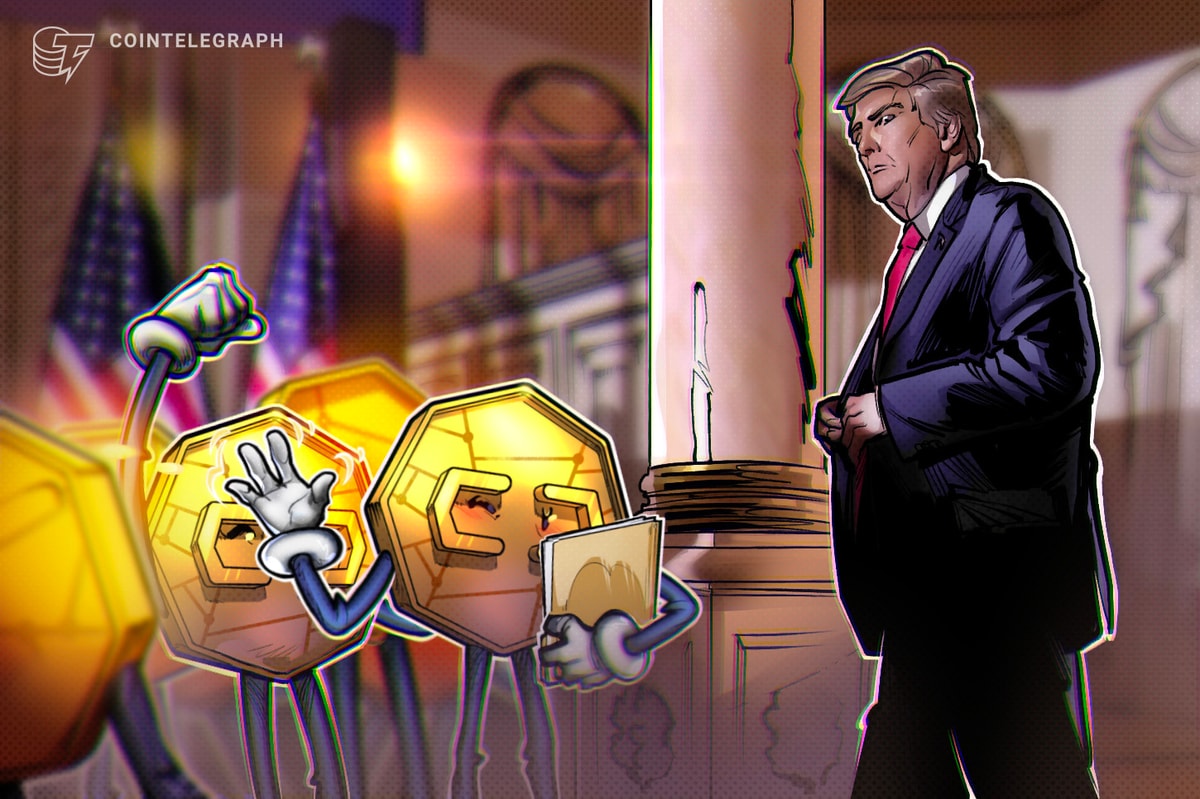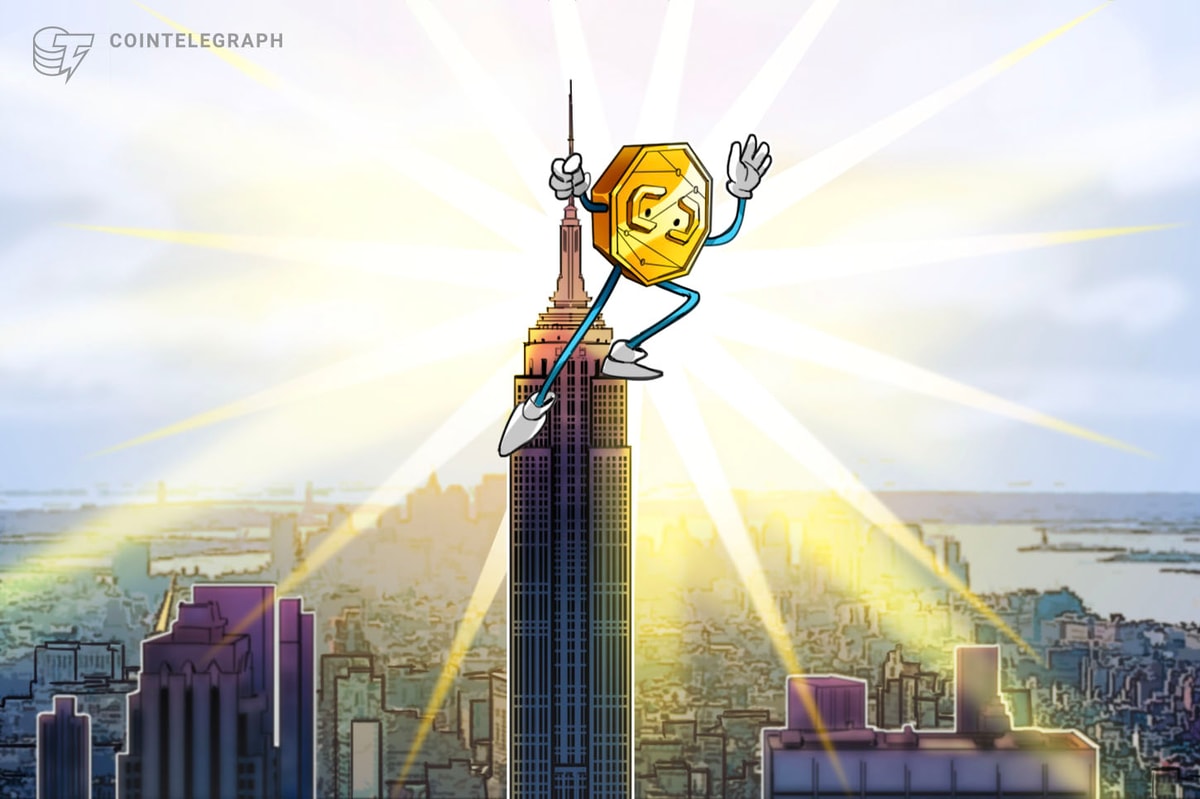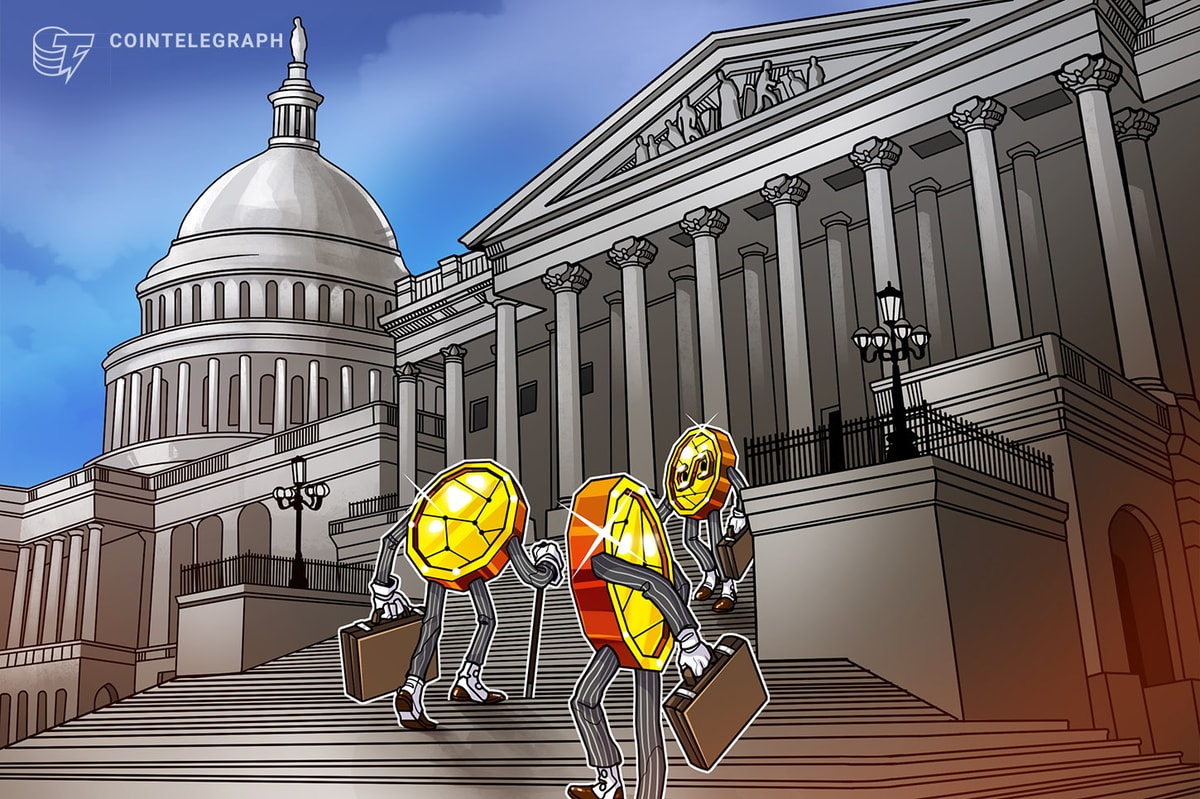Brazil’s Senate has passed the country's first bill governing cryptocurrencies in a plenary session, which will set the stage for the creation of a regulatory framework for the country’s crypto industry.
The bill must be approved by the Chamber of Deputies and then signed off by President Jair Bolsonaro to become law in the country. This is expected to occur by the end of 2022, according to experts who spoke with Cointelegraph Brazil.
The session that approved the project was chaired by Senate President Rodrigo Pacheco who said:
"I want to congratulate the rapporteur of the project, Senator Irajá, for the approval, here in the Plenary of the Senate, for this important bill.”
Federal Deputy Aureo Ribeiro first proposed the bill in 2015.
The bill was then approved in the Senate following lengthy deliberation on April 26, combining Senator Ribeiro's bill with Senator Arns’s bill PL 3825/2019 for which Senator Irajá Abreu was rapporteur.
During the session, the Senate confirmed that the country’s executive branch would be responsible for formulating rules for crypto-assets and could either create a new regulator or delegate its power to the Securities and Exchange Commission (CVM) or the Central Bank of Brazil (BC).
The session also saw several senators including the bill’s author, Senator Arns focusing discussion on appropriate penalties for crypto crimes, especially fraud.
According to Senator Arns, the penalties for this type of crime should be scaled according to the amount of fraud, money laundering, and other white-collar crimes committed. He said:
"The penalties must be proportionate to the amount of value affected by this type of crime. So whoever committed a crime of US $1 billion causing damage to thousands of people would have a greater penalty than the someone who affected less value.”
Senator Arns's proposal was backed by Senator Rose de Freitas, who called for greater punishments for crimes involving cryptocurrencies and said that the Brazilian market already moves more than $40 billion in Brazil.
Senators also discussed incentivizing crypto miners to open up shop in Brazil since there will be a complete tax exemption for the import of ASIC mining devices into the country.
Bernardo Schucman, senior vice president of the digital currencies division of the American mining company CleanSpark, pointed out that the cryptocurrency market needs specific regulation so that institutional investors who are averse to risk feel encouraged and protected by investing in crypto mining in South America’s largest country. He said
"Regulation is very welcome [and] the trend is for Brazil to follow the largest economies in the world and facilitate the mining of these coins on Brazilian soil.”
Related: Brazilian central bank president confirms CBDC pilot will launch in 2022
The bill does not appear to face many challenges in the Chamber of Deputies, where it must be approved in a plenary session before being sent to President Bolsinaro before becoming law.



